Last Updated on 02/15/2020 by OTC
The Defence and Security Accelerator (DASA) has announced the first wave of £4 million funding
The funding aims to revolutionise the way warships make decisions and process thousands of strands of intelligence and data by using Artificial Intelligence (A.I.).
Nine projects will share an initial £1 million to develop technology and innovative solutions to overcome increasing ‘information overload’ faced by crews as part of DASA’s Intelligent Ship – The Next Generation competition.
In July 2019 DASA announced the competition, which was seeking proposals for novel and innovative projects that enable and facilitate the broader use of intelligent systems within future warships, with the potential for wider utilisation across the defence forces.
“The astonishing pace at which global threats are evolving requires new approaches and fresh-thinking to the way we develop our ideas and technology. The funding will research pioneering projects into how A.I and automation can support our armed forces in their essential day-to-day work.” U.K. Defence Minister James Heappey said.
DASA, on behalf of the Defence Science and Technology Laboratory (Dstl), is looking at how future defence platforms can be designed and optimised to exploit current and future advances in:
- Automation
- Autonomy
- Machine learning
- Artificial Intelligence
These key areas of research will look to address the complex and constantly evolving threats to national security.
This work will inform requirements then develop applications essential to the future force in an increasingly complex and A.I. driven environment. Although titled Intelligent Ship, a warship is just the prototype demonstrator for this competition – the project will inform development relevant to all defence equipment and military services.
“This DASA competition has the potential to lead the transformation of our defence platforms, leading to a sea change in the relationships between AI and human teams. This will ensure UK defence remains an effective, capable force for good in a rapidly changing technological landscape. Crews are already facing information overload with thousands of sources of data, intelligence, and information. By harnessing automation, autonomy, machine learning and artificial intelligence with the real-life skill and experience of our men and women, we can revolutionise the way future fleets are put together and operate to keep the UK safe.”Julia Tagg, technical lead from Dstl, said.
The competition, currently backed by a total of £4 million over two phases, has the potential to transform the way the Royal Navy, British Army and Royal Air Force equipment platforms are designed, work together, operated and manned by the 2040s.
Innovations developed in phase 1 of the competition could later help determine the different platform types, size and role of future platforms as well potentially being adapted and integrated into the existing fleet.

Besides this initiative, there are a lot of AI projects still ongoing in U.K
The UK’s BAE Systems has invested £20m in the development of augmented reality and AI Systems for naval combat systems. Electronics engineering consultancy, Roke Manor Research is working on situational awareness software called STARTLE, which will help ship’s crew identify potential threats more quickly and enable the ship’s command team to make better-informed decisions.
In June 2019, the UK Royal Navy announced that it would use artificial intelligence to task autonomous submersibles with hunting underwater mines. British geospatial and data company Envitia, which has expertise around applying AI and machine learning to complex data problems, along with its partner BAE Systems Applied Intelligence, will deliver one of first AI projects for Royal Navy. Mine hunting is currently carried out by a fleet of mine-hunter ships using sonar to survey the sea bed. But these new AI-enabled submersibles will be able to scan an object and identify a threat more quickly and make decisions about what to do with it.

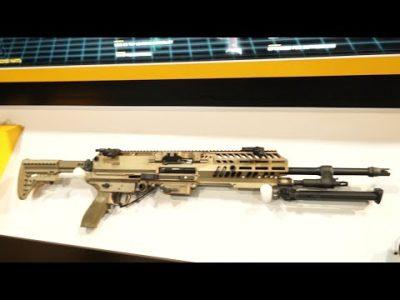
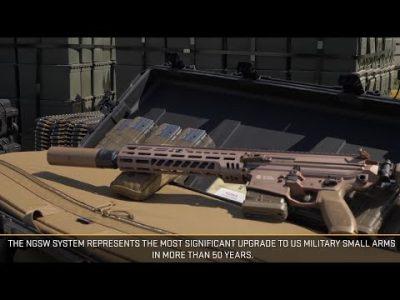
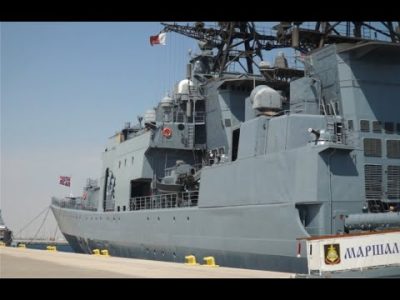

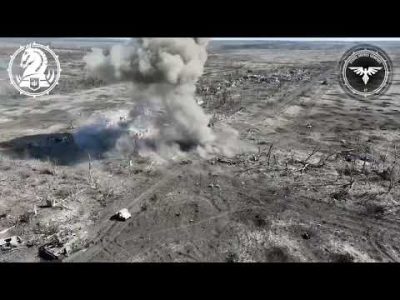
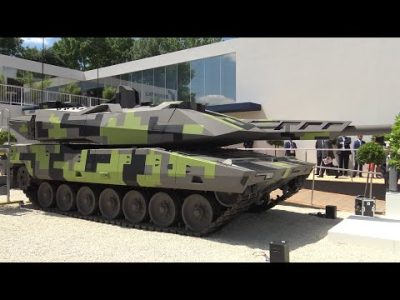







Comments